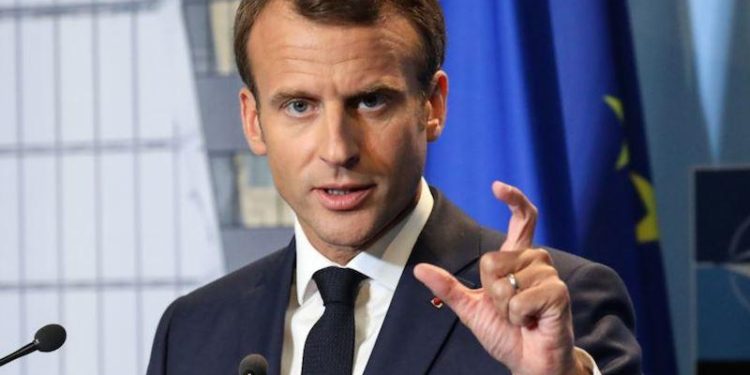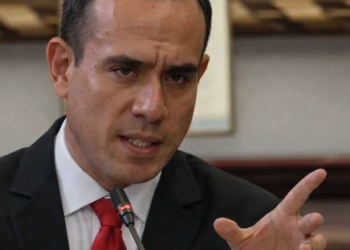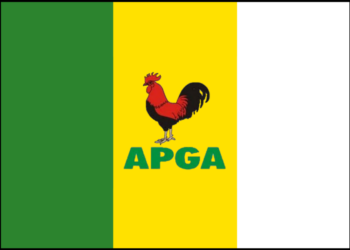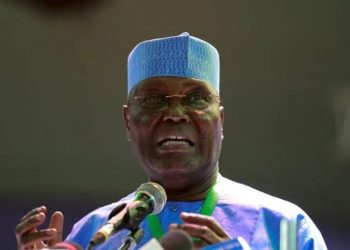The latest political scramble, culminating in outgoing Prime Minister Sébastien Lecornu’s frantic, last-minute talks is a fundamental crisis of governance in France. Lecornu’s optimistic talk of a “willingness” to pass a budget to avoid a full parliamentary dissolution should be seen for what it is: an act of desperate political spin designed to calm nervous markets and a frustrated public.
The three prime ministers to fall in the last year, including Lecornu, are merely casualties of Macron’s calamitous 2024 snap election gamble. His inability to secure a working majority has rendered the National Assembly a legislative graveyard, where essential reforms go to die. The drama surrounding the 2026 budget is the most immediate threat, and Lecornu correctly highlights that reducing France’s budget deficit is paramount.
The numbers are stark and frankly alarming. France’s public debt hovers near 114% of GDP, and the projected budget deficit for this year is a staggering 5.4% of GDP far exceeding the EU’s 3% limit. As Lecornu noted, this fiscal decay directly threatens France’s international credibility and its ability to borrow at reasonable interest rates.

However, a ‘common platform’ (socle commun) with the centre-right Republicans (LR) to simply pass a budget is a short-term patch, not a genuine solution to the political deadlock. Such a deal would still leave a weak minority government susceptible to the next no-confidence motion.
The opposition’s demands have been made crystal clear. The Socialists, led by Olivier Faure, have emphatically ruled out formal co-operation, proving that Macron’s brand of centrist politics is now anathema to a vital bloc of the centre-left.
The left’s suggested price for stability has been referred to by critics as an economic non-starter. As former Finance Minister Lescure warned, this would cost the state hundreds of millions immediately, spiraling into billions by 2026. This is the ultimate political blackmail: sacrifice fiscal responsibility for temporary political peace.
The Unappealing Alternatives: A New Dissolution or Cohabitation?
Macron’s options are truly awful, leaving him a diminished figure in the Fifth Republic’s semi-presidential system.
The Dissolution Dilemma
Marine Le Pen’s far-right National Rally (RN) is openly baiting the President, urging him to dissolve parliament and call new legislative elections. Opinion polls suggest the RN remains the largest party, potentially strengthening their position further. A second dissolution (after the first backfired so spectacularly) would be a monumental admission of failure and a massive gift to the far right, which thrives on institutional instability.
National Assembly President Yaël Braun-Pivet rightly cautioned that dissolution “wouldn’t resolve a great deal,” likely resulting in yet another fragmented, ungovernable assembly. The risk of ushering in a far-right government is simply too great for Macron to contemplate.
The Cohabitation Dilemma
The only viable, albeit humiliating, solution for France’s political instability is for Macron to appoint a prime minister from the opposition (a strategy known as cohabitation). Given the political math, a prime minister from the left-wing alliance, the New Popular Front (NFP), is the most democratically legitimate, though deeply uncomfortable, path forward.
A cohabitation would instantly force the President to cede control over much of the domestic agenda, but it offers a crucial lifeline: a government with a stable parliamentary majority, finally capable of passing the necessary austerity budget and addressing the French public debt crisis.
The alternative however, is two more years of a paralyzed executive, constantly under siege from no-confidence motions, while the economy sinks deeper into the red.
What Then Should Be Done?
President Macron must abandon his futile strategy of appointing loyalist prime ministers and embrace a painful reality. To protect his legacy, secure the 2026 budget, and ultimately serve out his term, he must negotiate a genuine power-sharing arrangement.
Failure to do so will not only leave the New Caledonian aid package and by extension, the stability of the territory hanging in the balance, but it will confirm to all of Europe that the French government crisis is terminal. The time for the President to “assume his responsibilities” is now, and that responsibility points squarely to a prime minister from the opposition.

















